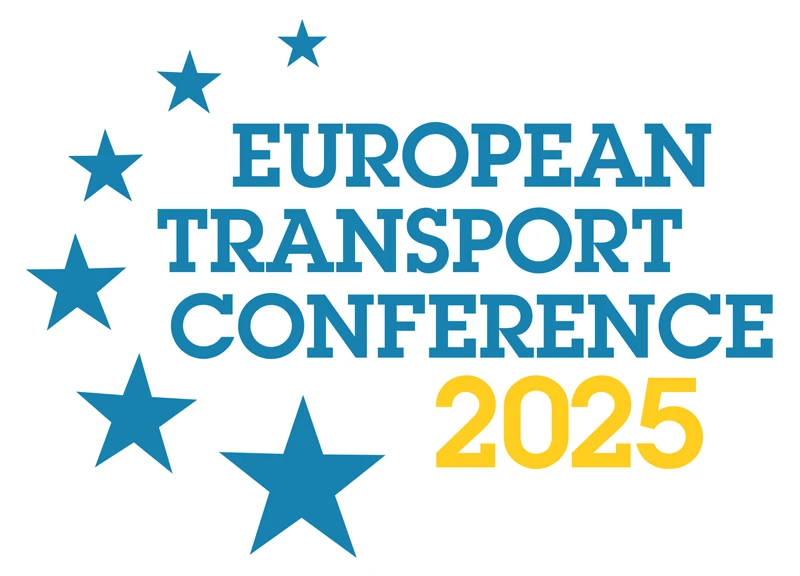-
Past ETC Papers

Browse, search and view papers from the past AET Conferences.
-
Members' Area

AET promotes networking and exchange of ideas, information and opportunities amongst members.
Conference Papers 2021
Online
ETC Conference Papers 2021
Capturing the long-term value of transport investments
Seminar
Day 1 (13 Sep 2021), Session 3, UNCERTAINTY, 16:30 - 18:30
Status
Accepted, awaiting documents
Submitted by / Abstract owner
Iven Stead
Authors
John Nellthorp (Leeds ITS)
Manuel Ojeda-Cabral (Leeds ITS)
Iven Stead (Jacobs)
Short abstract
This paper reviews approaches for capturing long term benefits in appraisal in light of reduced long-run growth forecasts, and the DfT's recent consultation on appraisal periods
Abstract
Significant reductions in long run forecast economic and demographic growth, both in the United Kingdom and across most major developed economies, have a large negative impact on most major transport scheme appraisals (see DfT's 'TAG Routemap' https://www.gov.uk/government/publications/appraisal-and-modelling-strategy-a-route-map-for-updating-tag). At the same time, the Government has ambitious plans for investing in transport infrastructure over the coming decades as set out in the National Infrastructure Strategy (https://www.gov.uk/government/publications/national-infrastructure-strategy). Many of the projects in this pipeline are likely to have impacts lasting in excess of the existing 60-year appraisal period for transport projects recommended in UK appraisal guidelines (TAG). This presents a significant dual analytical challenge for appraisal: weakening longer-term growth prospects coupled with potentially very long-lived projects.
On the other hand, increasingly greater weight is being placed on the longer-term, as reflected by: the tendency towards negative interest rates across many developed economies, the use of lower discount rates becoming increasingly widespread, and the contribution of transport to long-term greenhouse gas reduction targets (amongst other issues). This increases the importance of ensuring robust, consistent approaches are used to capture the long-term value of transport investments.
In response to these challenges, the Department for Transport has brought forward number of potential developments to its appraisal framework, including:
1. Possible changes to the appraisal periods guidance, including consideration of residual value approaches, which was the subject of a consultation earlier this year (https://www.gov.uk/government/consultations/appraisal-periods-consultation)
2. Updated guidance on profiling, uprating and discounting appraisal values over time.
3. Recommended approaches to represent uncertainty in benefit estimates over time, in order to support effective value for money advice.
In this paper we review the relevant literature on the use of residual values in appraisal and compare practice across sectors and countries. We explore issues related to the appraisal period, modelling period, asset life, the uncertainty horizon and the role of discounting in the longer term. We assess alternative approaches for defining and calculating ‘residual values’, such as market-based techniques, approaches based on benefits extrapolation, financial accounting-based methods (such as straight-line depreciation and using annuities) and the potential role of real options approaches. Our findings underscore the importance of capturing longer-term benefits in appraisal.
We also examine the challenges, uncertainties, and data requirements, associated with modelling and forecasting the impact of transport projects over longer timescales. These include the role of capacity constraints and congestion in determining the profile of benefits growth over time. This can cause benefits to grow, flatline or decline over time, and we show the importance of understanding this profile when assessing impacts over the longer term.
Finally, we provide a theoretical analysis of various issues surrounding the role of uprating and discounting of appraisal values, including the importance of regional variations in growth, the relationship between risk and discounting, the use of ‘constant utility values’ (e.g. for the appraisal of health impacts) and declining discount rates. Hitherto, these issues have not been rigorously handled within official UK appraisal guidelines. We provide recommendations for improving existing practice.
Our paper concludes by outlining recommended procedures for capturing long term value within transport economic appraisal.
Programme committee
Transport Economics, Finance and Appraisal
Documents:
No documents yet.
Association For
European Transport
Forester House
Doctors Lane
Henley-in-Arden
Warwickshire, UK
B95 5AW
+44 (0) 15 64 793552
VAT number: 710 1866 64
Conference Supporters & Endorsers




Legal Entity
The Association for European Transport is registered as an Association ('vereniging') with the Chamber of Commerce for Haaglanden in The Netherlands under company number 27170096.
Built on Zenario




